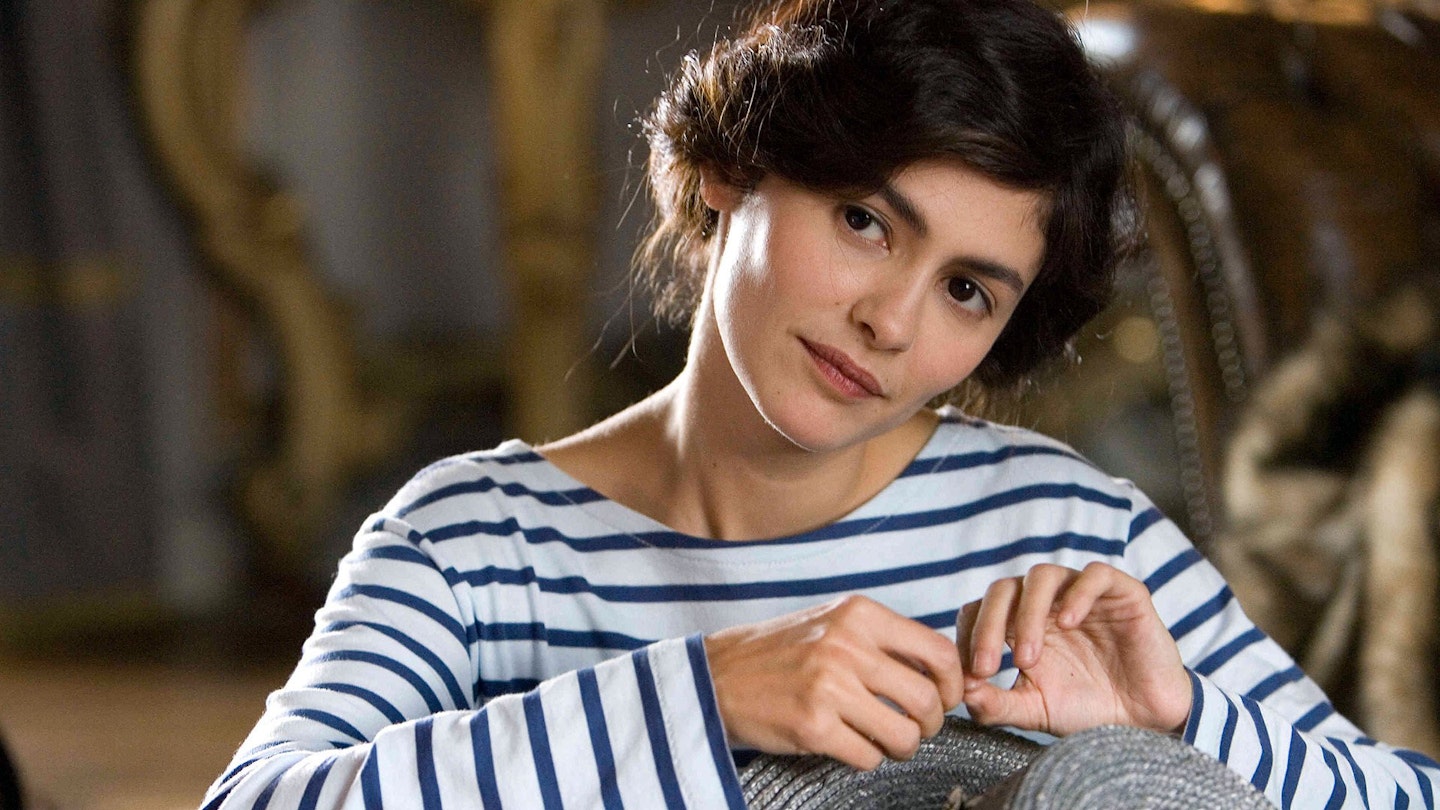There are few names more iconic than Chanel, yet few think of the word as anything other than a fashion brand. With Coco Avant Chanel, director-screenwriter Anne Fontaine portrays how Gabrielle Chanel, dispatched, along with her sister, to an orphanage on the death of her mother, transformed herself from lowly would-be orphan to the epitome of style and class, via the salons and boudoirs of the Belle Époque.
Fontaine’s thesis appears to be that it is Coco’s early abandonment by her father that drives her to success, the young Gabrielle seen patiently waiting at the orphanage gates for the parent who never comes. It’s not an especially original insight — history’s key female figures, from Elizabeth I to Madonna, are typically portrayed as both beset and driven by daddy issues. Still, Fontaine’s screenplay is more thoughtful than those looking for a classier Sex And The City might have expected, toying with questions of loss, identity, ambition and compromise.
Part of the film’s success lies in the fact that while on paper it’s a tale of triumph, its mood is sombre. Audrey Tautou’s Chanel is a complex figure, emotionally broken at an early age, yet impish, daring, challenging and very much her own woman, even as her relationships repeatedly leave her short-changed. How wonderful sex is, she tells her sister Adrienne (Marie Gillain), as they begin bedhopping their way into the aristocratic circles they so wish to join. It’s just a pity it has to involve men.
Nevertheless, Fontaine acknowledges that it is two key men — father figure and ‘patron’ Étienne Balsan (Benoît Poelvoorde) and the English true love who shattered her already damaged heart, Boy Capel (Alessandro Nivola) — that give her the support and leverage to fulfil her ambition, first as a milliner to the upper classes, and later as the fashion designer par excellence we all know. Poelvoorde and Nivola work hard with underwritten roles, possibly necessarily so, their almost emblematic function keeping Chanel front and centre.
Shot with an elegance befitting of the subject and with a sartorial pay-off that will thrill dedicated fashionistas, Fontaine’s film is an attractive tribute to one of fashion’s more mysterious figures.
